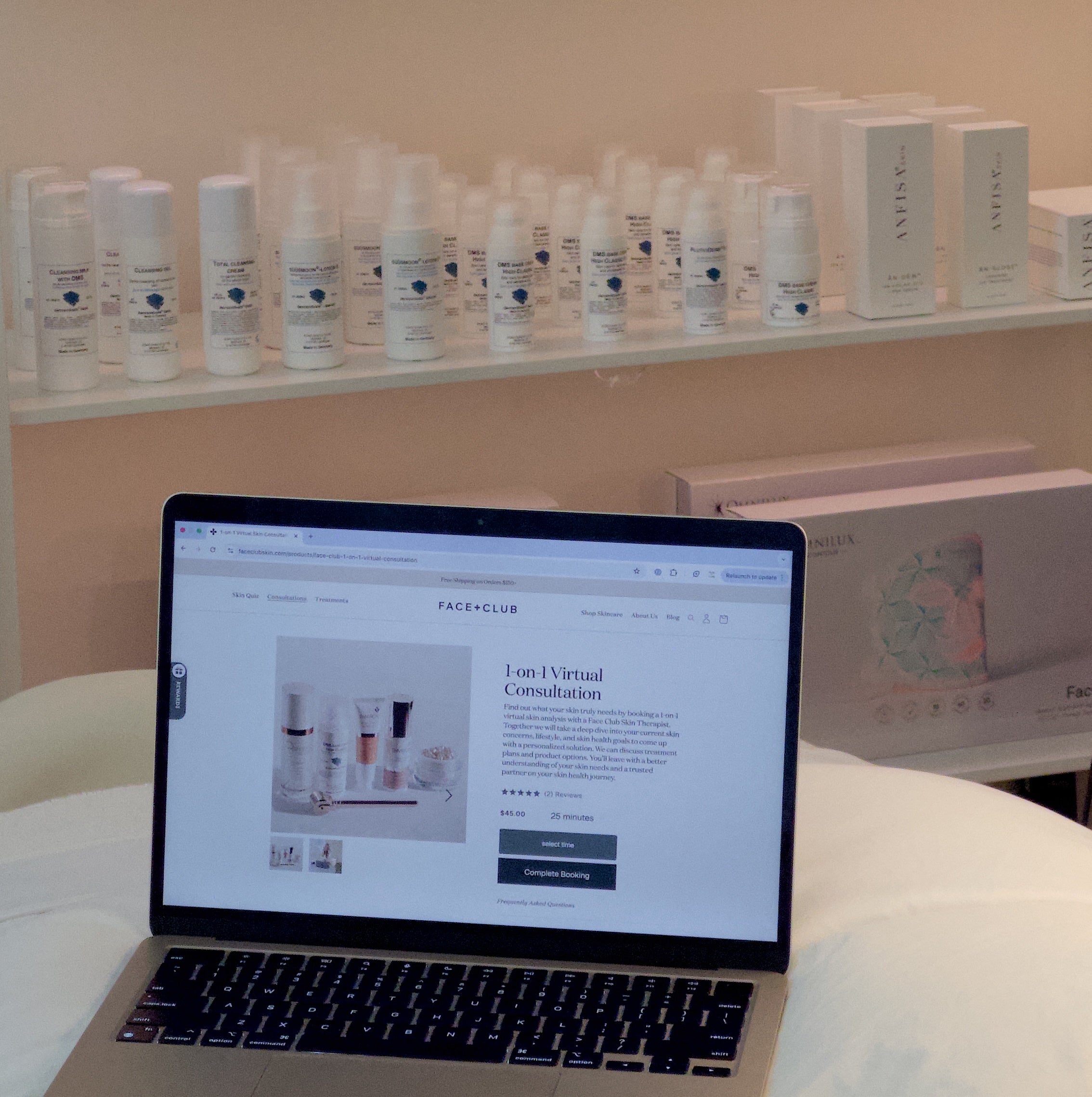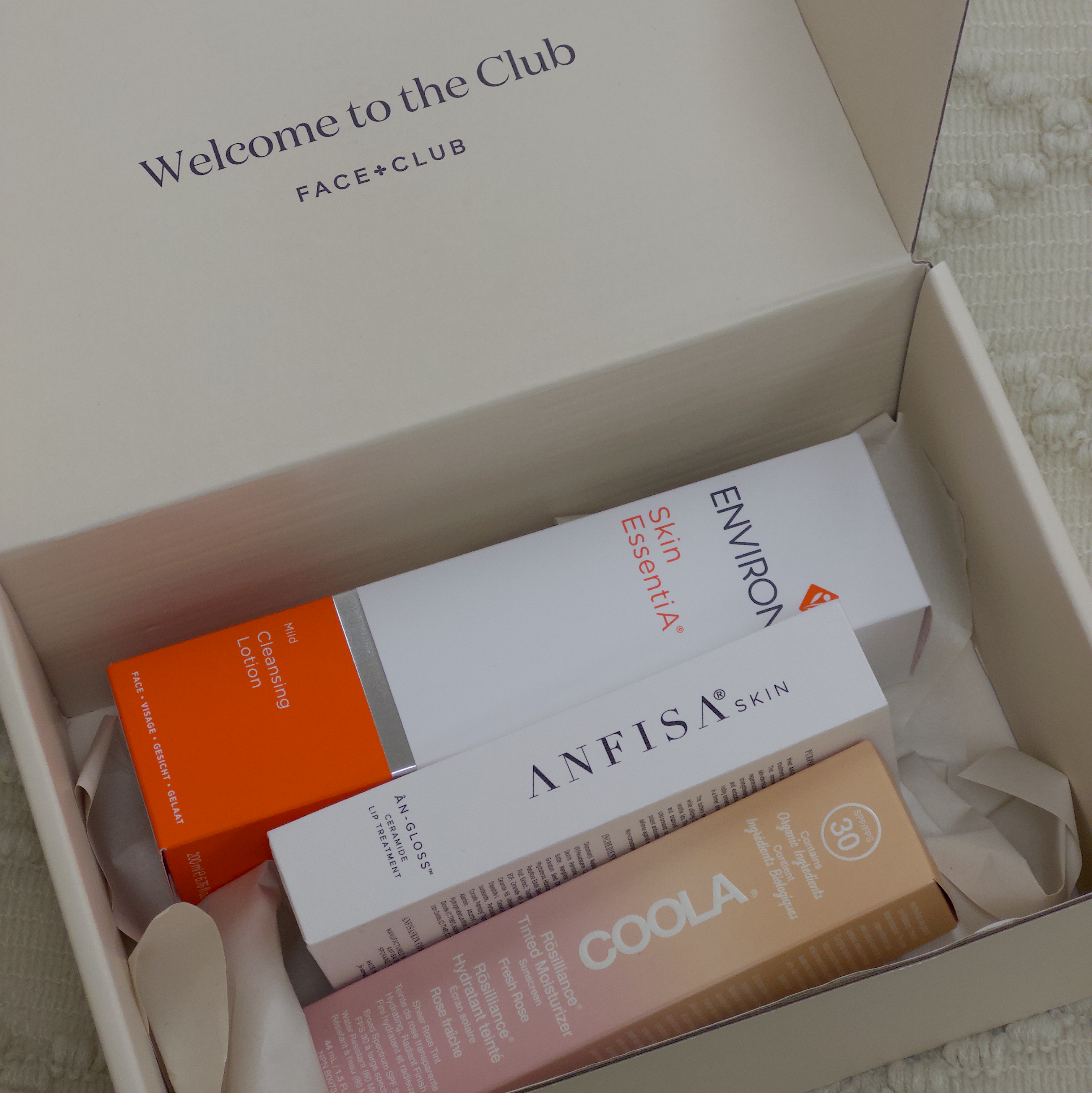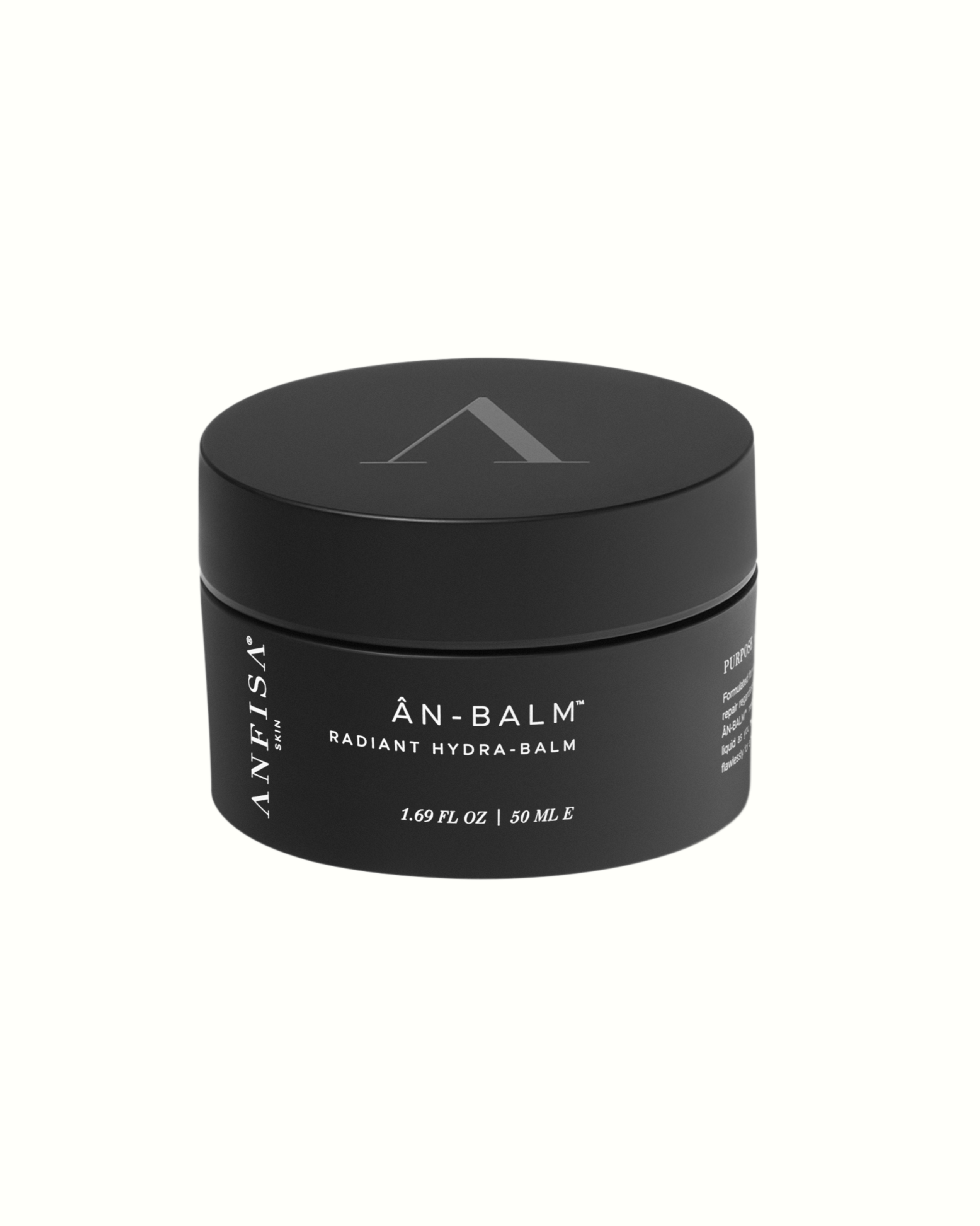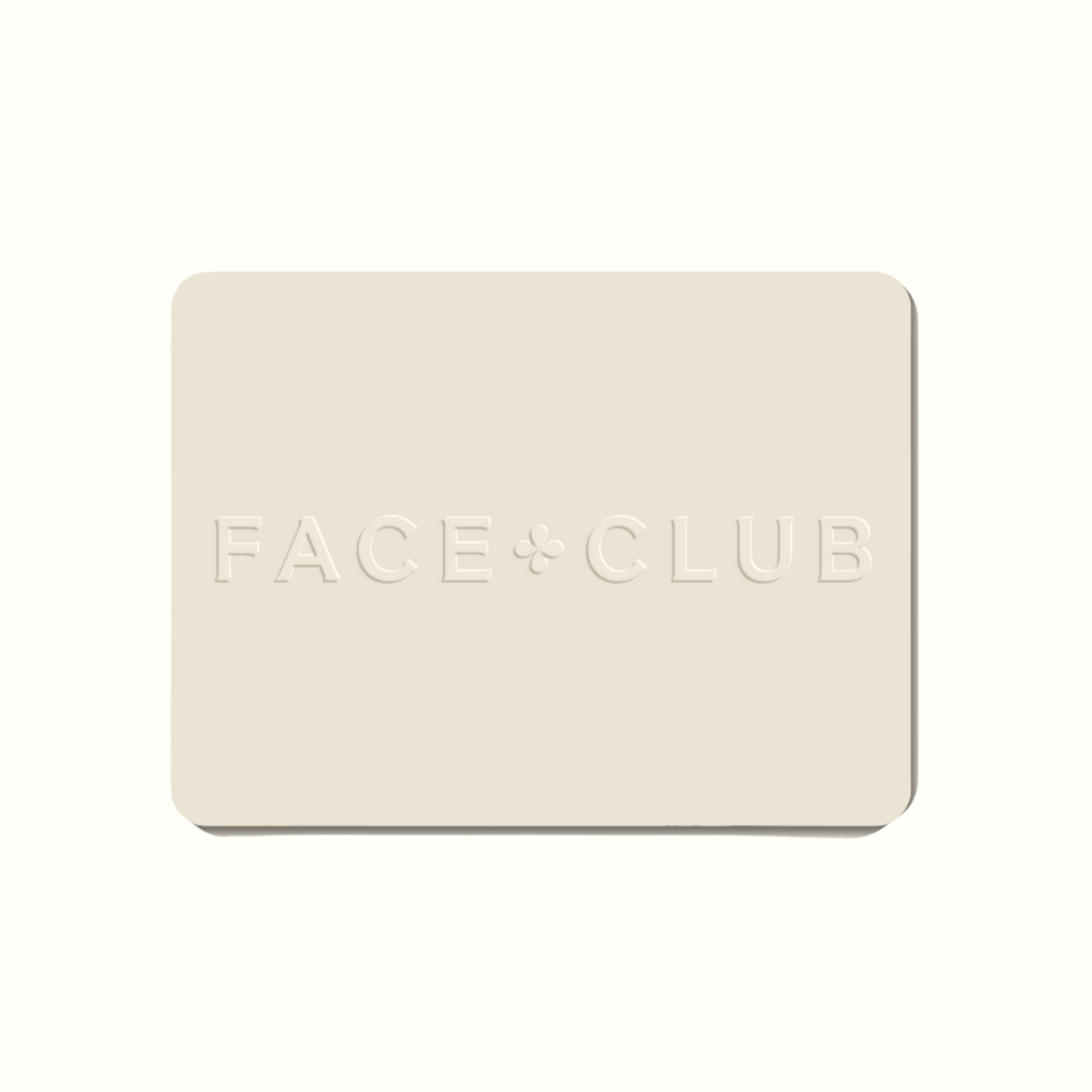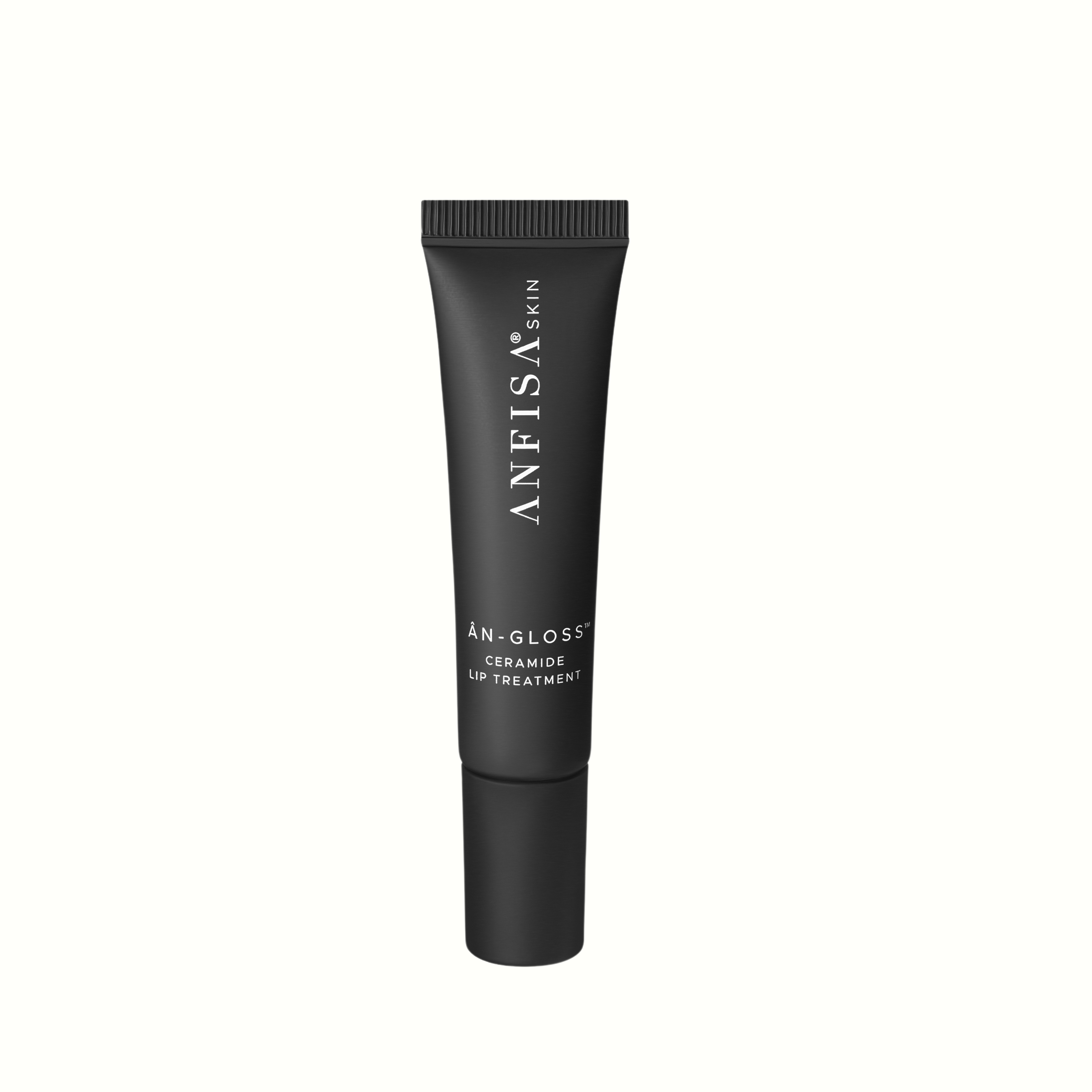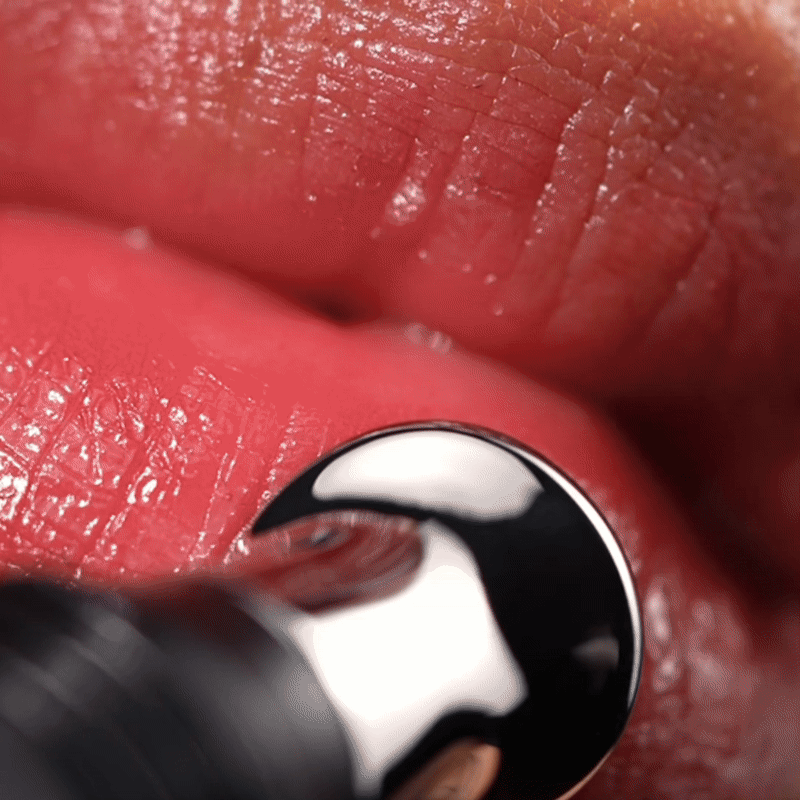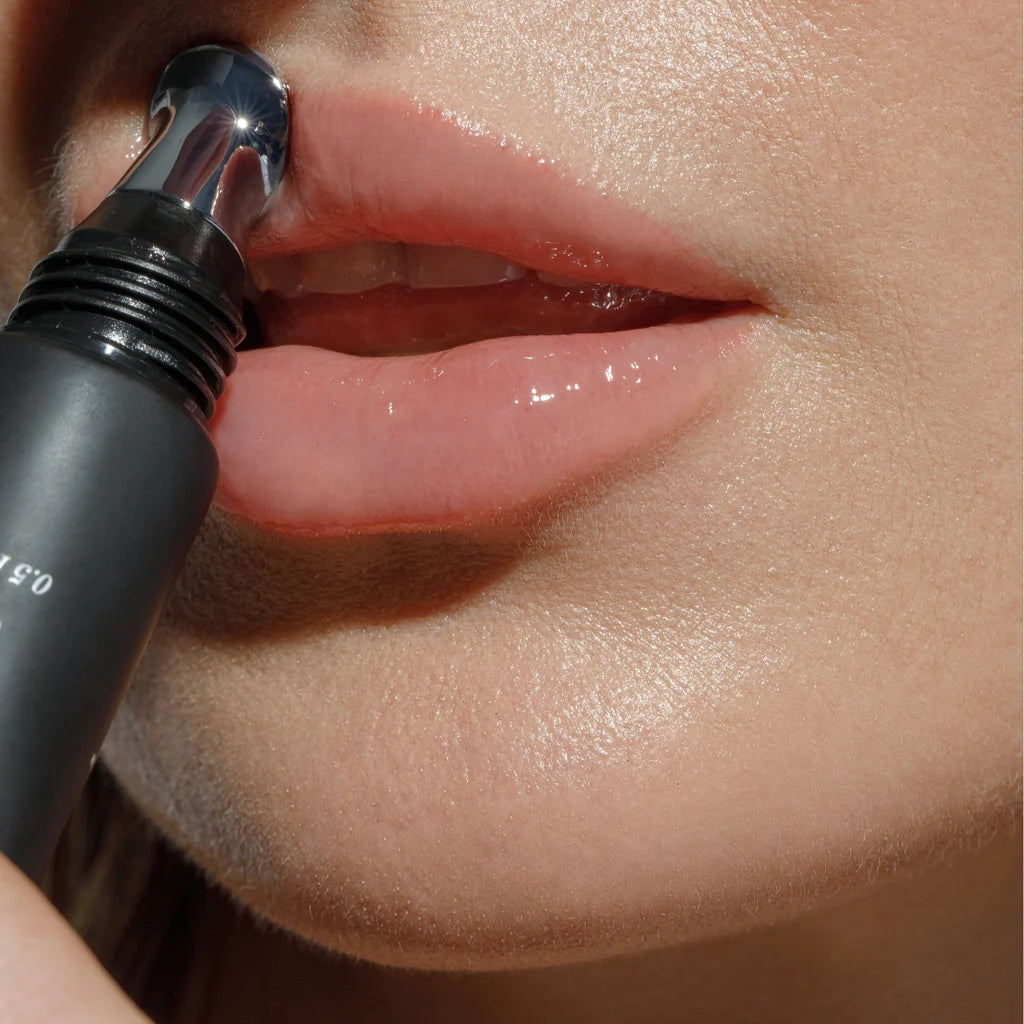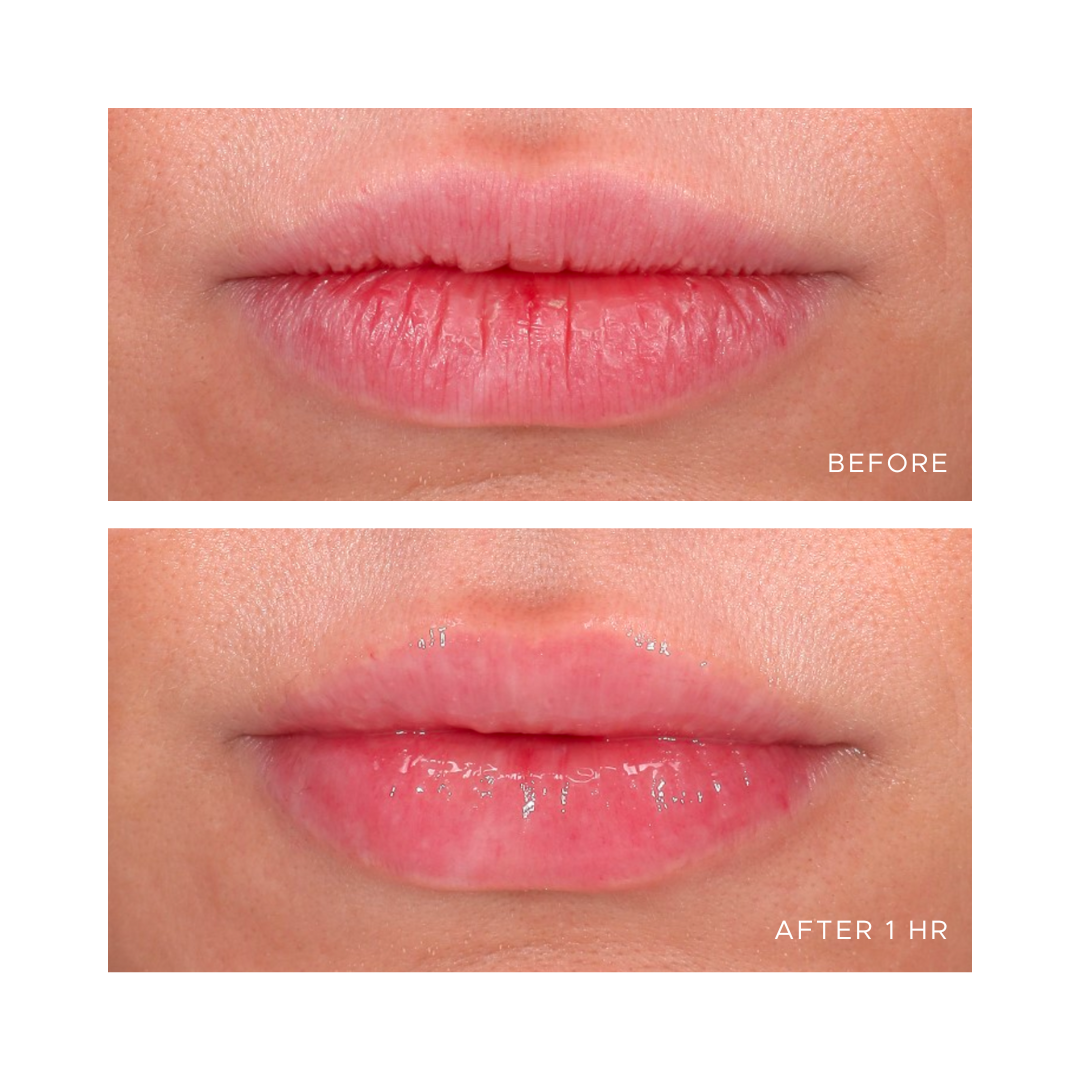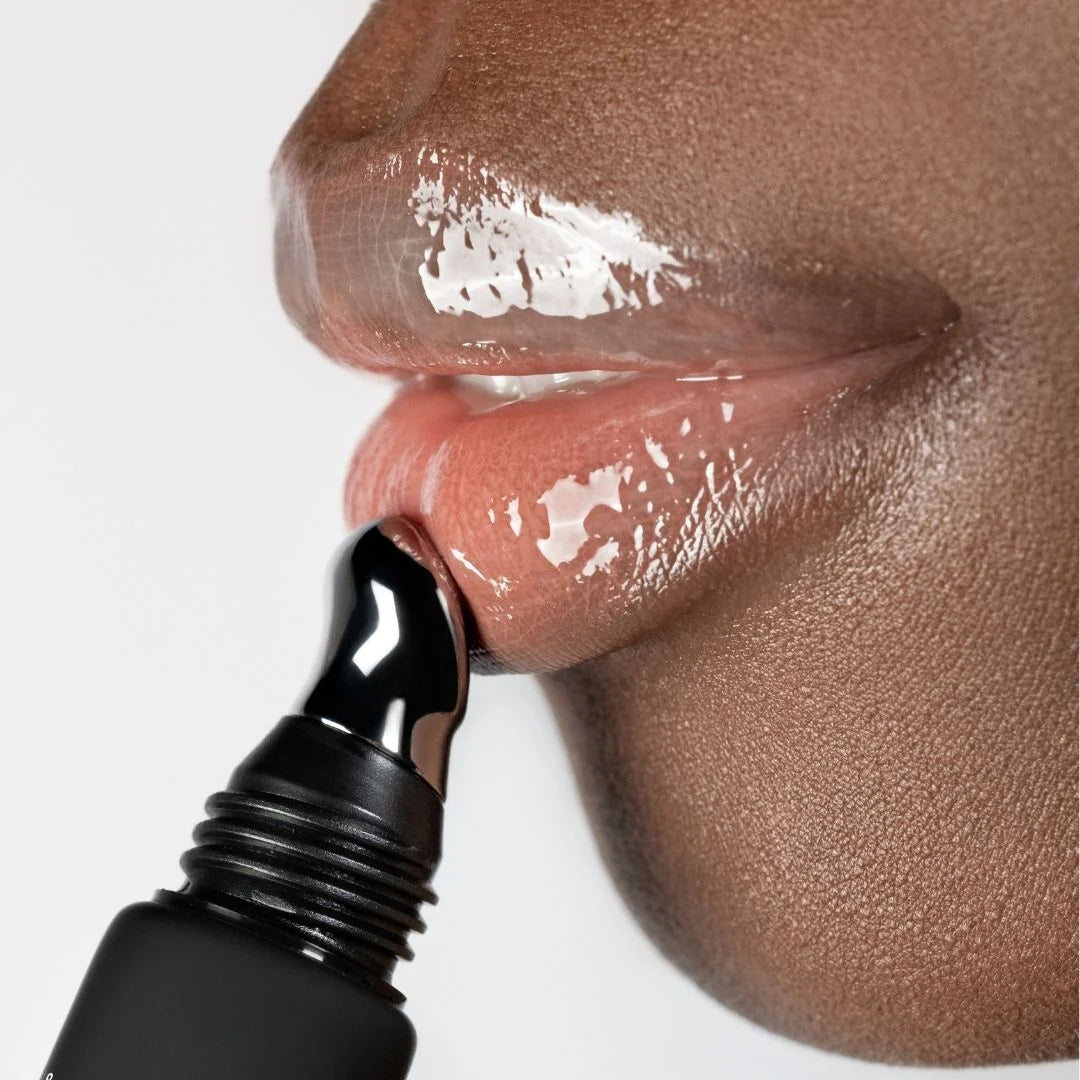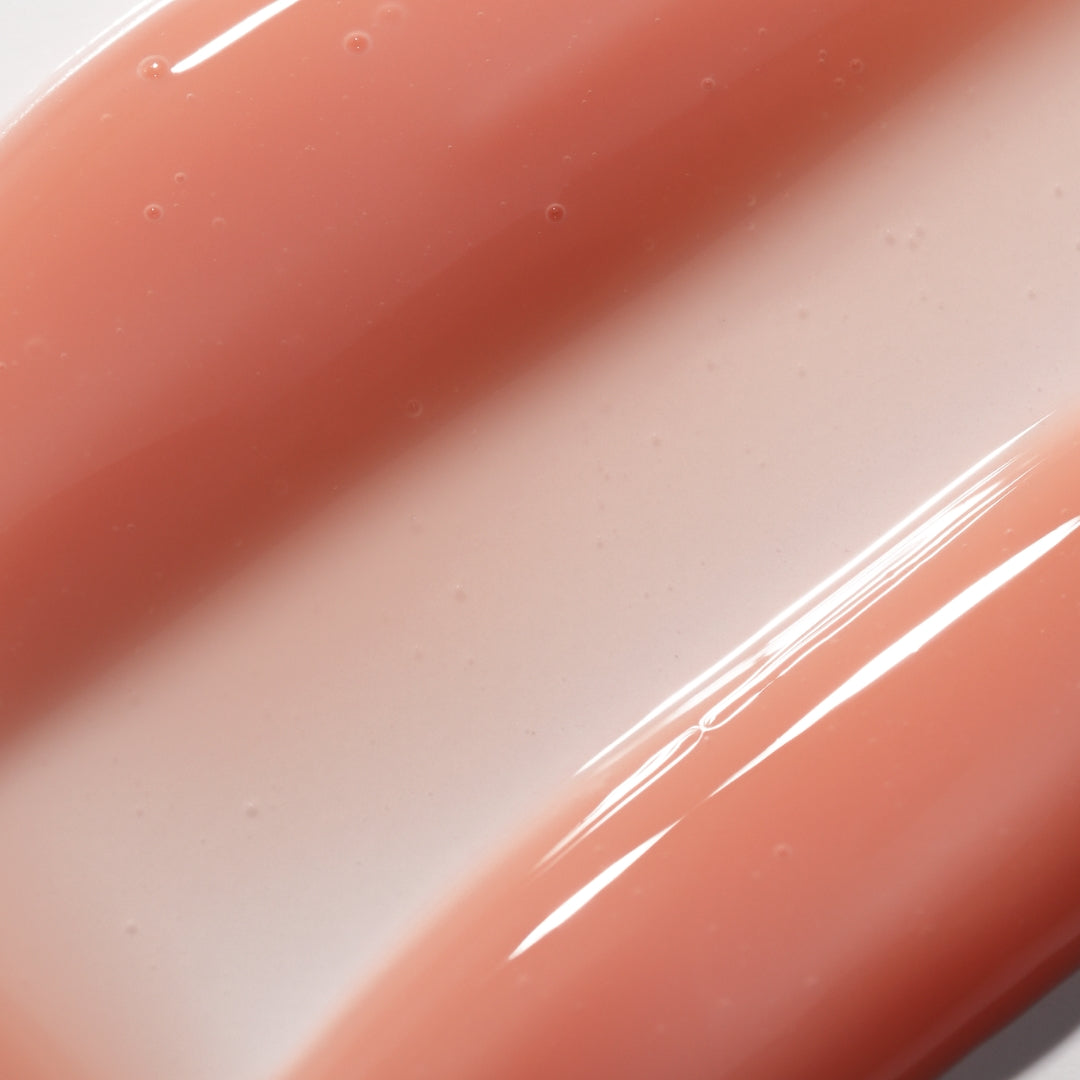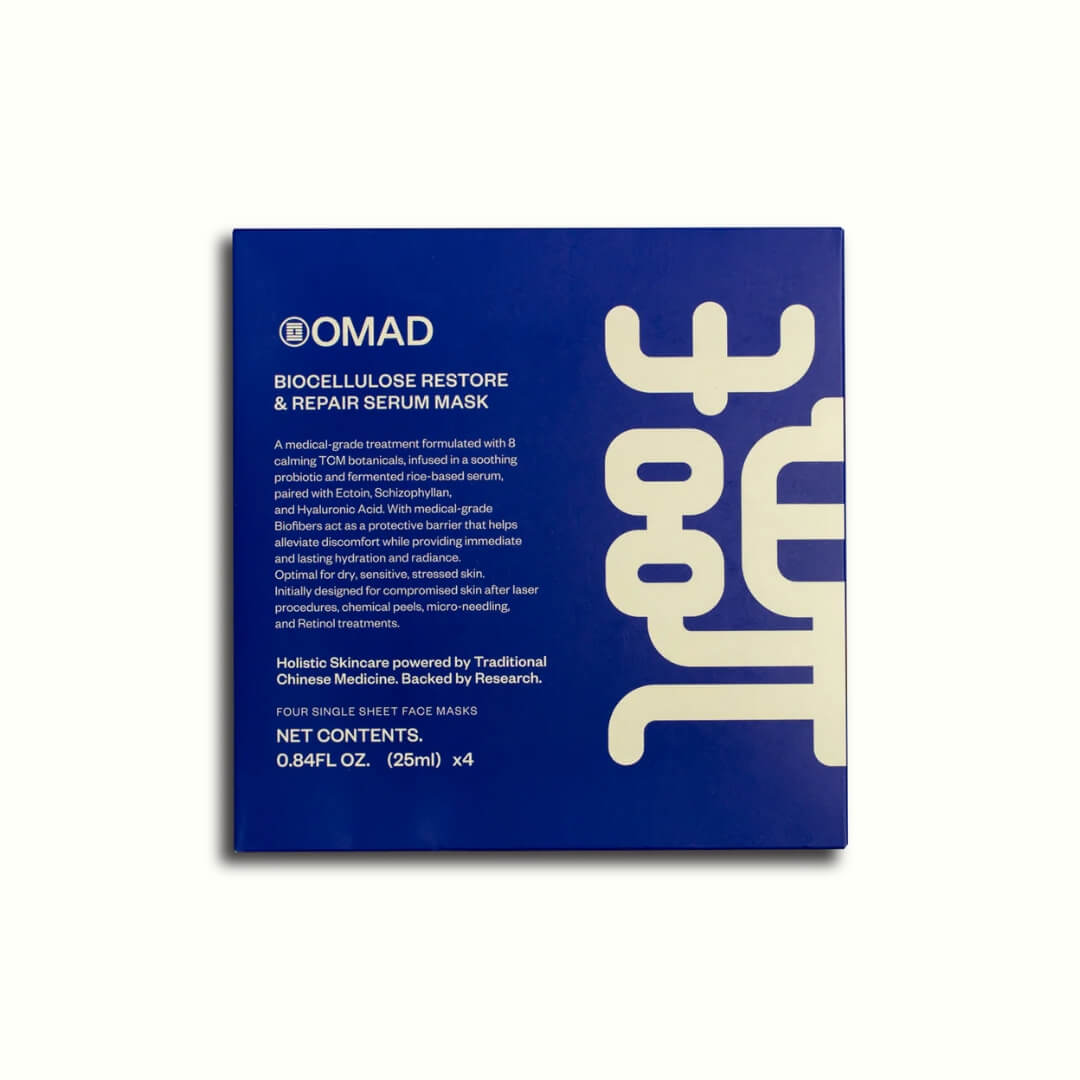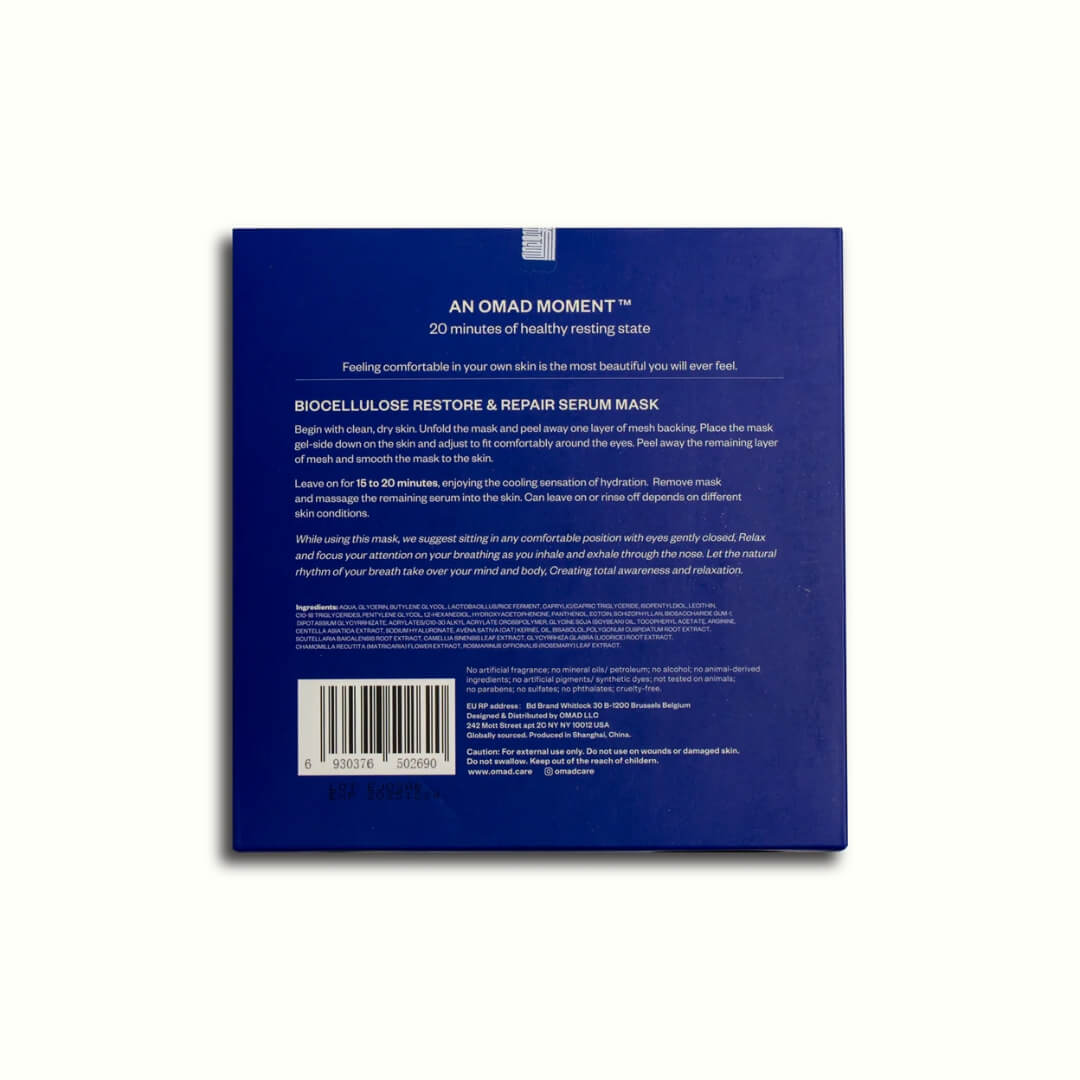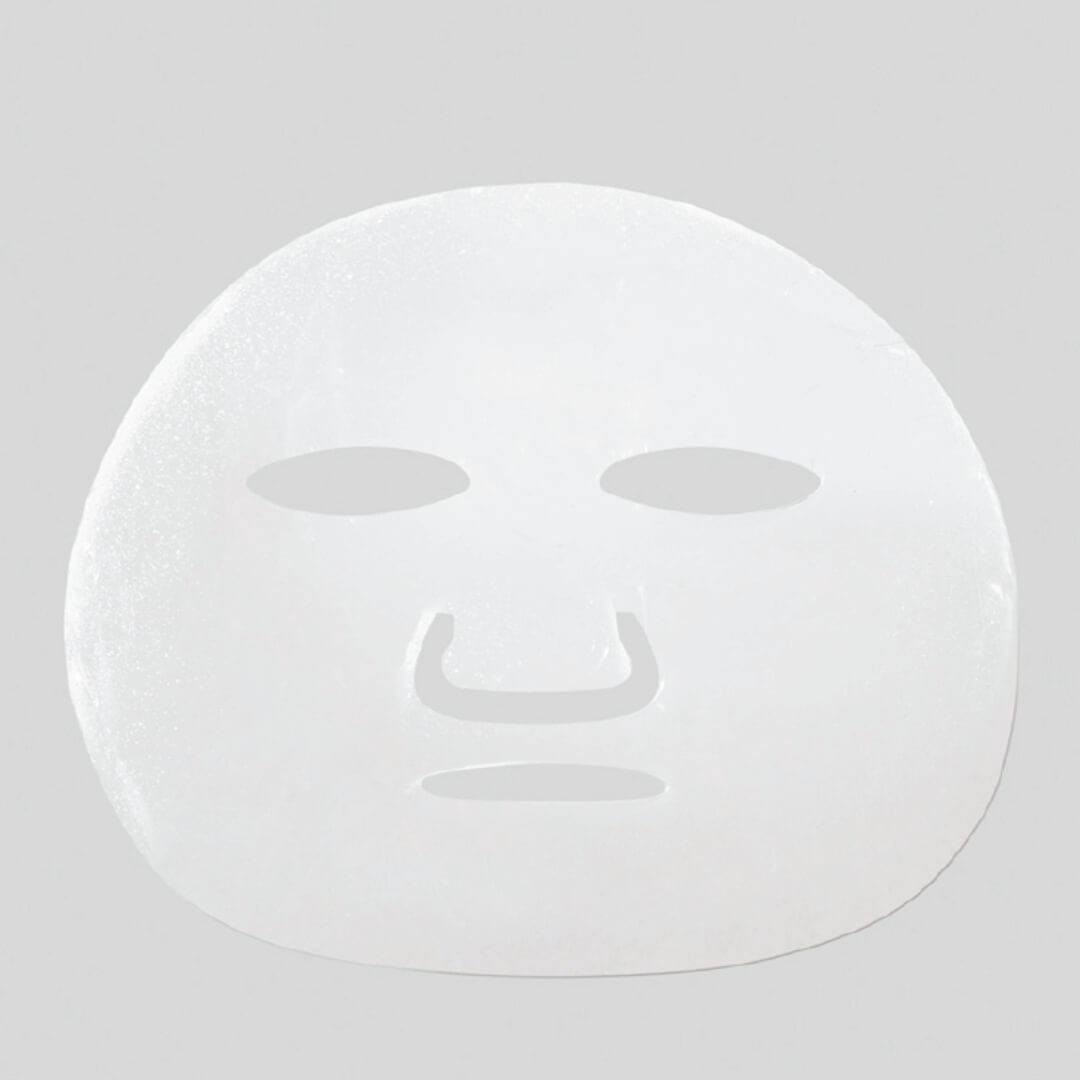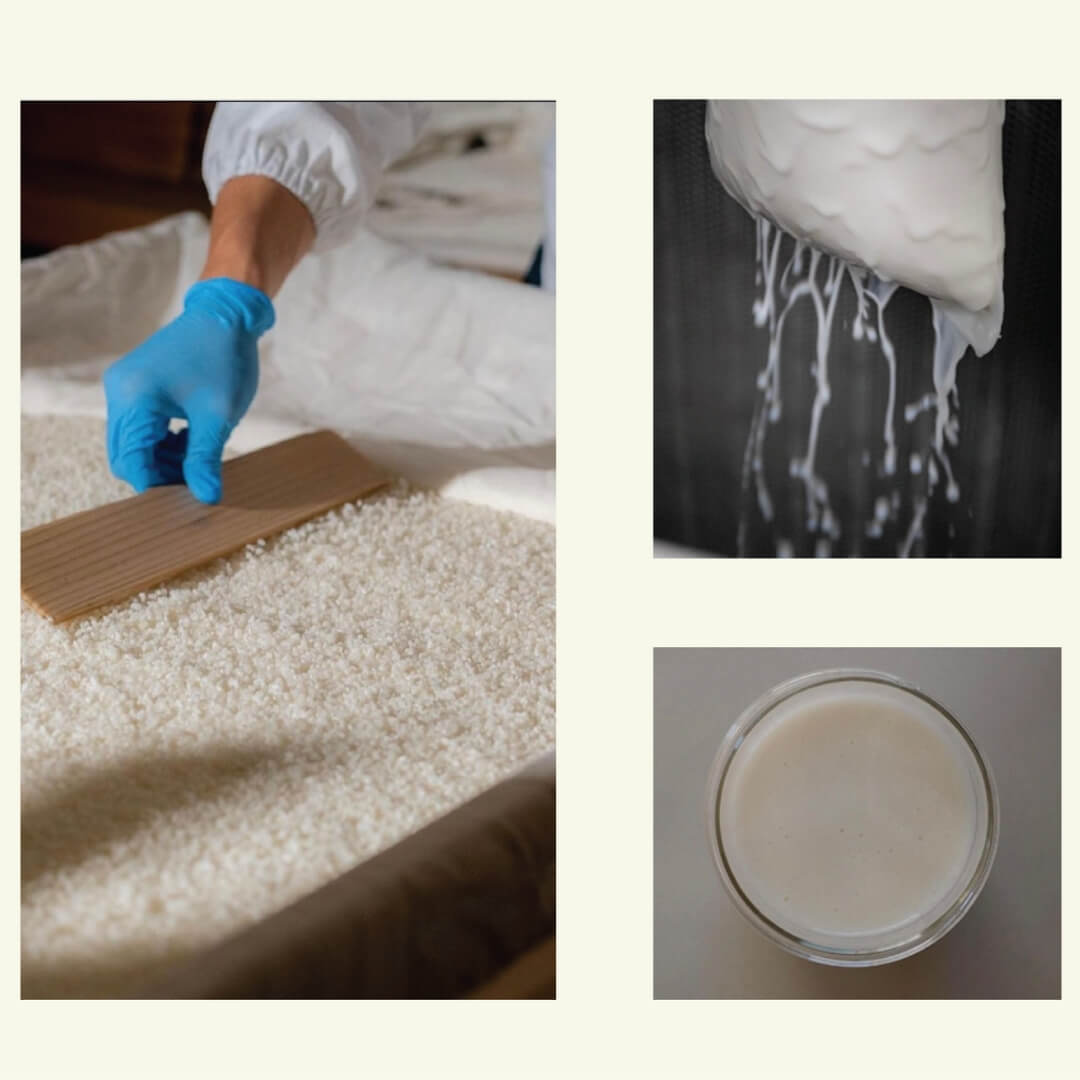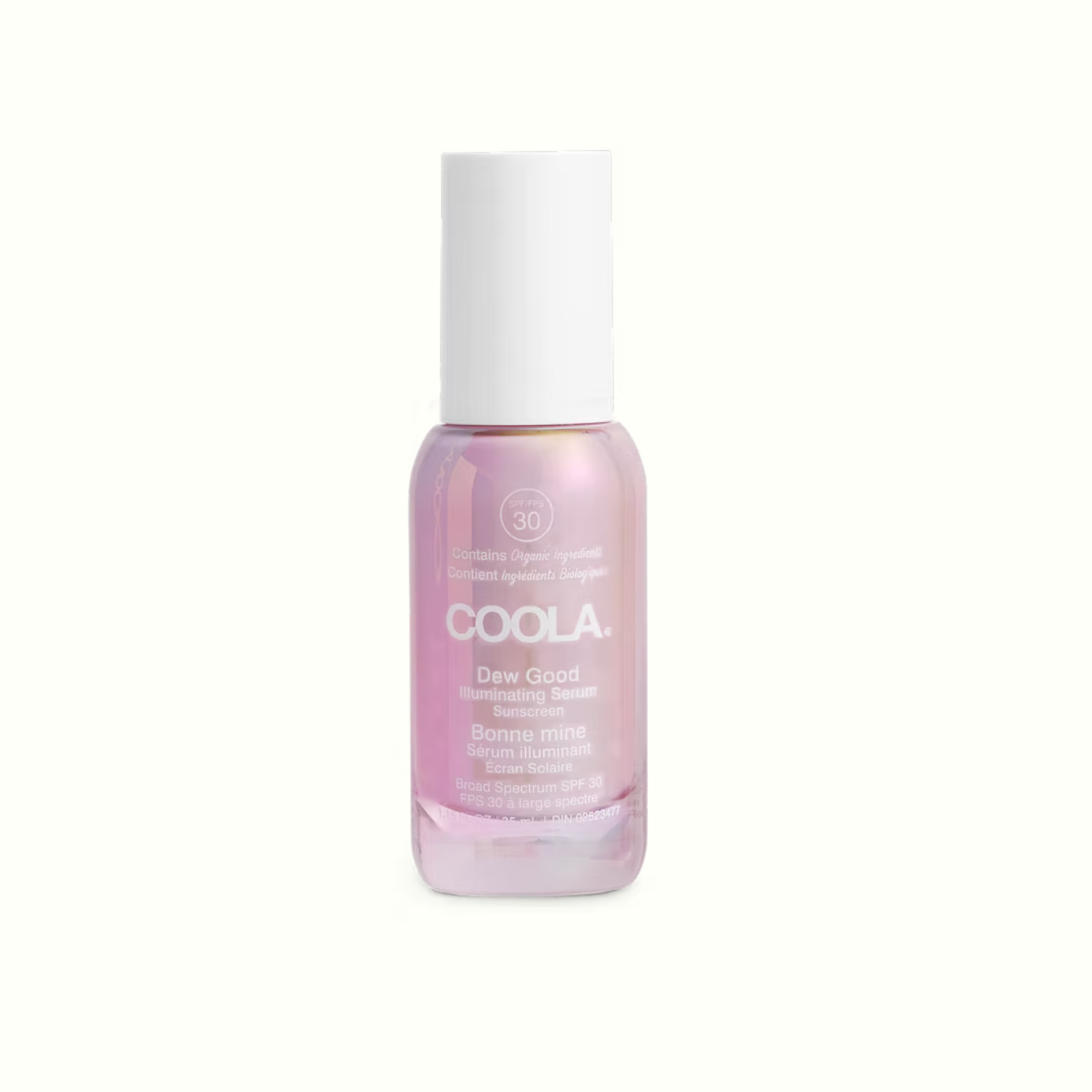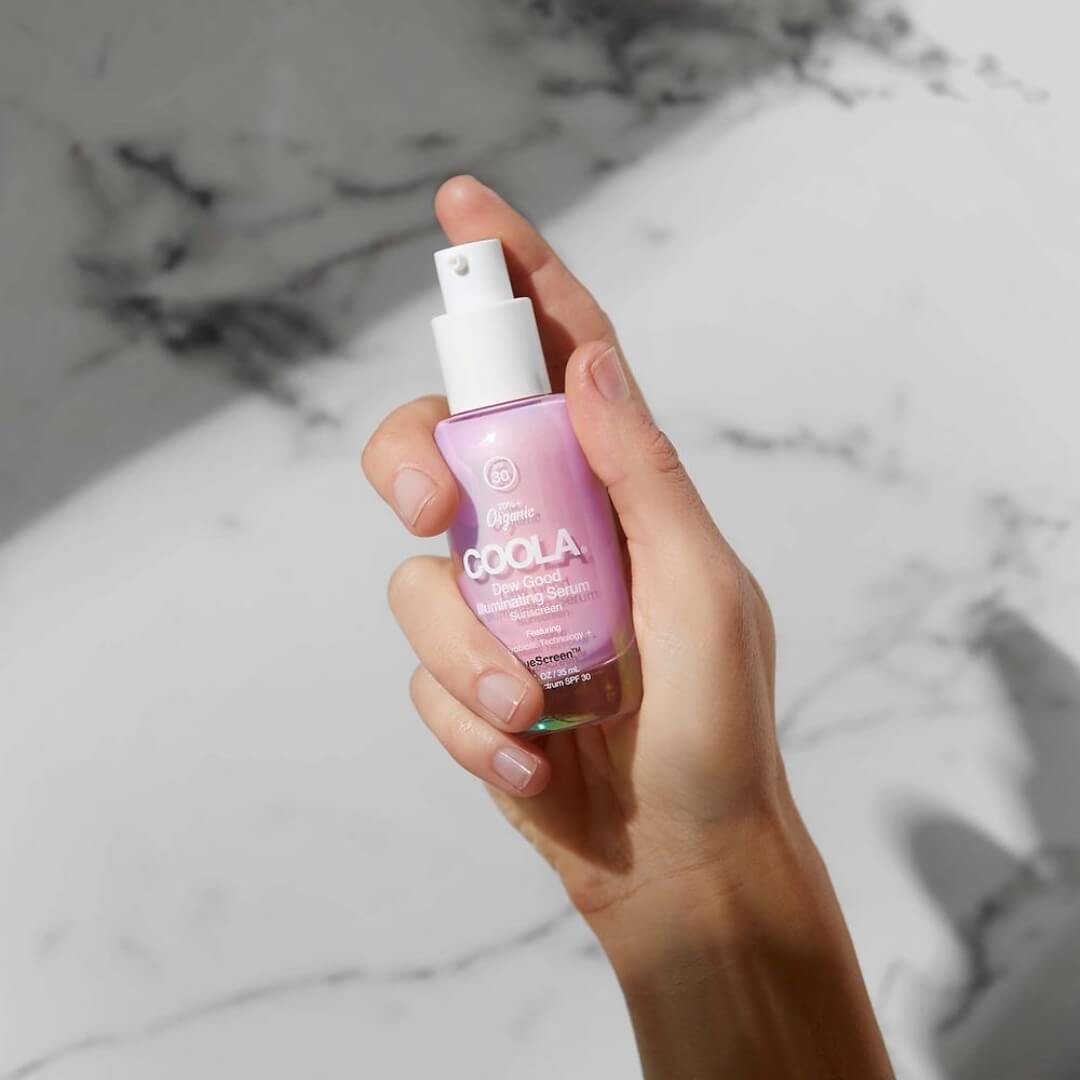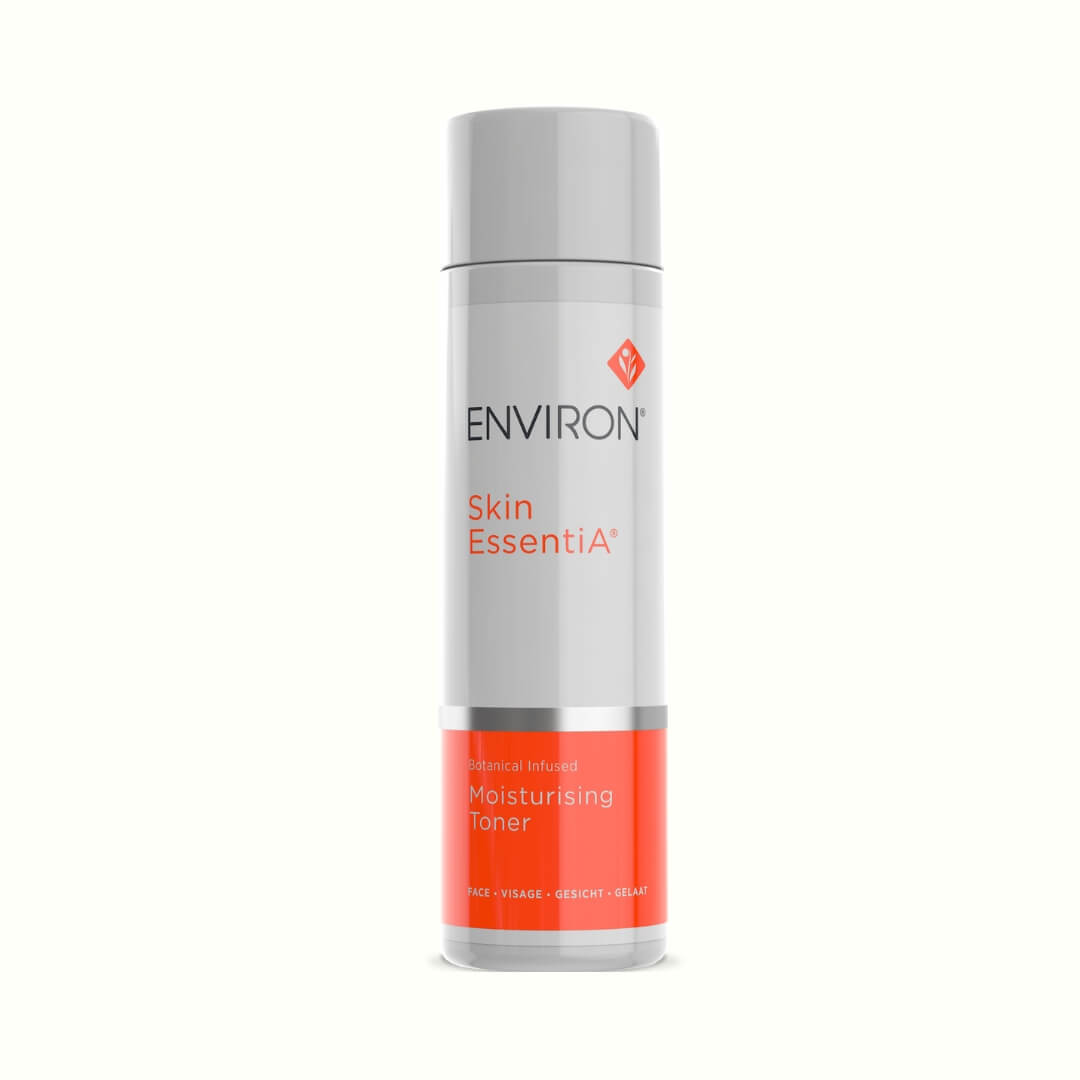What are Retinoids?
We hear about Retinoids often - but what are they and what do they really do? Retinoids are vitamin A derivatives widely recognized for their ability to boost cell turnover, unclog pores, and stimulate collagen, elastin, and hyaluronic acid production. They smooth fine lines, fade dark spots, prevent acne breakouts, and improve skin texture. They are one of the only skincare ingredients that are scientifically proven to make physiological changes in the dermis.
As the gold standard for both anti-aging and acne, retinoids help keep skin clear, firm, and youthful. With the right formulation, everyone can benefit from adding a retinoid to their routine for healthier, more resilient skin.
Key Benefits of Retinoids
Stimulates Collagen Production
Retinoids promote collagen synthesis, which helps to:
-
Reduce fine lines and wrinkles
-
Improve skin elasticity and firmness
-
Retinoids also inhibit collagenase, the enzyme responsible for collagen degradation (break down) which happens as we age and due to other factors like lifestyle, UV damage, and stress
Assists in Cell Proliferation
Retinoids regulate cell proliferation:
-
New cells are created through division
-
Basal keratinocytes (skin cells) divide and multiply
Accelerates Cell Turnover
Retinoids encourage the shedding of keratinocytes, revealing younger, brighter, and more even toned skin:
-
Encourage faster renewal and shedding, preventing clogged pores which lead to breakouts
-
Regulates keratinocyte function & thickens the skin (there is lots of misinformation that’s spread about retinioids thinning the skin whereas they actually thicken the epidermis and dermis!)
-
Speeds up the removal of pigmented cells - fading dark spots, sun damage, and post-inflammatory hyperpigmentation (PIH)
Stimulates the Synthesis of Hyaluronic Acid
Retinoids also help the skin retain moisture by increasing hyaluronic acid production, leading to:
-
Stimulates HAS enzymes which are responsible for synthesizing hyaluronic acid in the dermis - more HAS activity = higher hyaluronic acid levels = better skin hydration and plumpness
-
Prevents hyaluronidase, an enzyme that degrades hyaluronic acid
-
Helps maintain HA levels longer, keeping skin hydrated and bouncy
Side Effects
While retinoids offer numerous benefits, they can cause side effects if not used correctly:
-
Retinoid Reaction: Using a high-strength retinoid too soon can lead to redness, peeling, and irritation.
-
Increased Sensitivity: Forms like retinol and retinoic acid are photo-sensitizing, meaning your skin is more prone to sunburn, so using sunscreen is essential
-
Initial Breakouts: Also known as "purging," where underlying congestion is brought to the surface before improving. This is due to the faster cell turnover process.
Retinal vs. Retinol vs. Retinyl
Understanding how these forms of vitamin A convert to retinoic acid (the active form) can help determine which is best for your skin:
-
Retinyl Palmitate (vitamin A + a fatty acid): Converts in three steps (Retinyl → Retinol → Retinal → Retinoic Acid), making it ideal for beginners and sensitive skin.
-
Retinol (alcohol form of vitamin A): Converts in two steps (Retinol → Retinal → Retinoic Acid) the most commonly known retinoid.
-
Retinaldehyde (aldehyde form of vitamin A): Converts in just one step (Retinal → Retinoic Acid), working faster to reduce fine lines and acne.
-
Retinoic acid: (the active form of vitamin A, prescription required) that binds with retinoic acid receptors (RARs) in the skin, regulating gene expression to provide the skin loving benefits
We can help you choose which form of vitamin A is right for your skin to minimize side effects and maximize results!
Our Favourite Retinoids For The Skin Conditions
Aging + Pigmentation: AVST Moisturizers or Osmosis Correct Retinal.
Acne: Osmosis Clarify Retinal or Environ Tri-Retinoid Complex
Sensitive Skin: AVST Gel or AVST Moisturizer
Rosacea: Environ Vitamin A, C, E Oil mixed with Derma-Lac Lotion
*one of the reasons we love working with the Environ AVST Moisturisers is that you start with level 1 and gradually work your way up to higher levels of retinyl palmitate low-and-slow to minimize the risk of a retinoid reaction. When it comes to vitamin A, more is not always better.
How Old Should I Start A Retinoid?
The best time to start a retinoid depends on your skin concerns and sensitivity level. The ideal age to start would be in your 20s, especially if you are dealing with acne breakouts (then you get the bonus anti-aging benefits). We always recommend to go low-and-slow, because consistent daily use brings the best results!
How to Apply Your Retinoid?
To minimize irritation and maximize benefits, follow these guidelines:
-
Start Slow:
-
If using Environ AVST Moisturizer 1, apply morning and night (contains low-dose of the fat form vitamin A).
-
If using Osmosis Retinal, begin 3x per week, then gradually increase to nightly use as tolerated
-
Apply to Dry Skin: Wait a few minutes after cleansing before applying to reduce irritation.
-
Use Sunscreen Daily: Even though we work with photo-protective vitamin A’s (make your skin more resilient to the sun), wearing SPF is always a must for prevention.
-
Pair with Hydration: Keep your skin barrier strong with hyaluronic acid and ceramide-rich products like the HA Intensive Hydrating Serum and DMS Base Cream High Classic.
Book a Free Consultation to get your vitamin A questions answered + expert recommended products ordered right to your door!

